Although the amendments proposed to child adoption/marriage are progressive, they are short-sighted and do not abide with the existing family law legislations.
The Ministry of Women and Child Development (WCD) has proposed two amendments to the existing statutory enactments relating to marriage and adoption laws. The first proposal seeking approval of the Union Cabinet attempts to amend Section 3 of the Prohibition of Child Marriage Act, 2006 (PCMA). Reportedly, the WCD is stated to have circulated a draft Cabinet note proposing to make child marriages void ab initio, ie invalid from inception. Currently, Section 3 of the PCMA makes child marriages voidable ie, which can be terminated or annulled at the option of an aggrieved party.
The second suggested change is in the realm of enabling speedier adoption of children by proposing to amend provisions of the Juvenile Justice (Care and Protection of Children) Act, 2015, (JJ Act) to recognise District Magistrates/Collectors as the competent authority for issuing adoption orders under the JJ Act.
Beneficial, benevolent and progressive as the proposals may be, they are shortsighted and do not seem to be in tandem or harmony with parallel existing family law legislations. This may tend to create statutory conflicts with contradictory and inconsistent interpretations in issues relating to marriage, adoption and guardianship. The wholesome solution then may be to let them remain as it is or incorporate similar amendments in other existing laws for harmonious views.
The Hindu Marriage Act, 1955, (HMA) while prescribing the age of marriage for a bridegroom as 21 years and the bride as 18 years at the time of marriage, neither renders the marriage void or voidable in case of marriage of minors. Section 18 of the HMA, however, prescribes punishment for child marriages which may extend to two years rigorous imprisonment or call for a fine up to one lakh rupees or both. Likewise, Muslim personal laws, too, do not invalidate child marriages.
Consequently, both under Hindu and Muslim personal laws, child marriage remains valid. In this perspective, the laudable piecemeal amendment of the PCMA to render child marriages void will be an exercise in futility as both Hindu and Muslim communities governed by personal laws would have legislative protection for child marriages. Hence, making child marriages illegal and void under the PCMA alone will achieve no goal. It will become a dead letter in the statue book and a ship set to sail without a course.
Adoption of children under the JJ Act made dehors the provisions of the Hindu Adoption and Maintenance Act, 1956, (HAMA), is guided by Sections 56 and 57 of the JJ Act wherein irrespective of the religion, orphaned, abandoned and surrendered children can be adopted even by single or divorced persons as per procedure laid down under the Adoption Regulations, 2017.
The process entails a robust and protective mechanism routed through the Central Adoption Resource Authority (CARA). Ultimately, under the JJ Act, all Central Adoption Resource Authority (CARA) approved adoptions require an adoption order from a court, which under the JJ Act, “means a Civil Court, which has jurisdiction in matters of adoption and guardianship and may include the District Court, Family Court and City Civil Courts”. Section 61 of the JJ Act mandates that before issuing an adoption order approved by CARA, the court shall satisfy that the adoption is for the welfare of the child, as per the wishes of the child and without consideration, payment or reward for the adoption.
The definition of “court” in the JJ Act is shared by a similar interpretation of “District Court” under the Guardians and Wards Act (GWA) and the Hindu Minority and Guardianship Act, 1956 (HMGA), wherein “court” means the City Civil Court or a District Court or a Judicial Court notified by the High Court under Section 4 of the GWA.
Clearly, the functions, authority and powers to oversee and lend finality in matters of adoption and guardianship have jurisprudentially ie, in the study of law, rested with the Judicial Courts and not the Executive Courts. This is because judicial and not executive minds, are lettered or trained to exercise legal powers, which require adjudicatory acumen to adjudge welfare of children, a prime duty vested by law. Subrogation of judicial functions to executive authorities in routine, for stamping judicial finality will offend the fundamental division of powers of judicial and executive courts, besides encroaching on powers of judicial courts under the GWA and the HMGA.
The pivotal role of a judicial court under Section 61 of the JJ Act to X-ray an adoption, before passing an adoption order, cannot be delegated to executive courts, militating the fundamental concept of determining the best interest and welfare of the vulnerable child by making it an administrative exercise with no introspection. The end will defeat the means. Children, an asset of the nation, deserve a cautious adoption process.
(The writer is an alumni of the School of Oriental and African Studies, London, and practices at the Punjab and Haryana High Court)
Writer: Anil Malhotra
Courtesy: The Pioneer







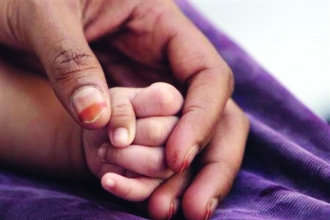
 OpinionExpress.In
OpinionExpress.In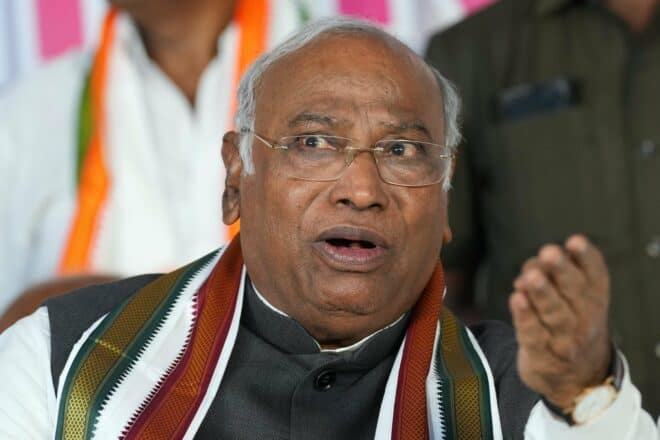
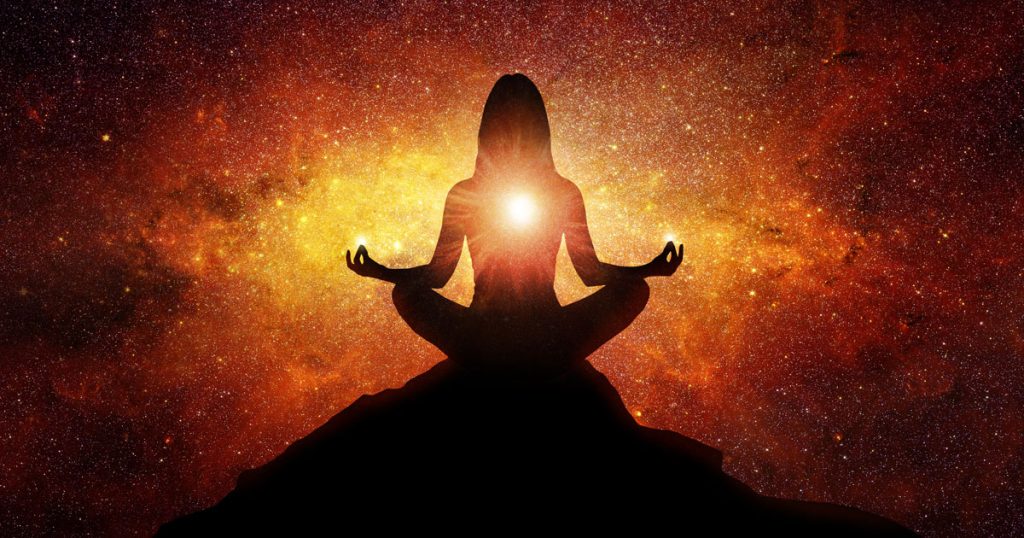
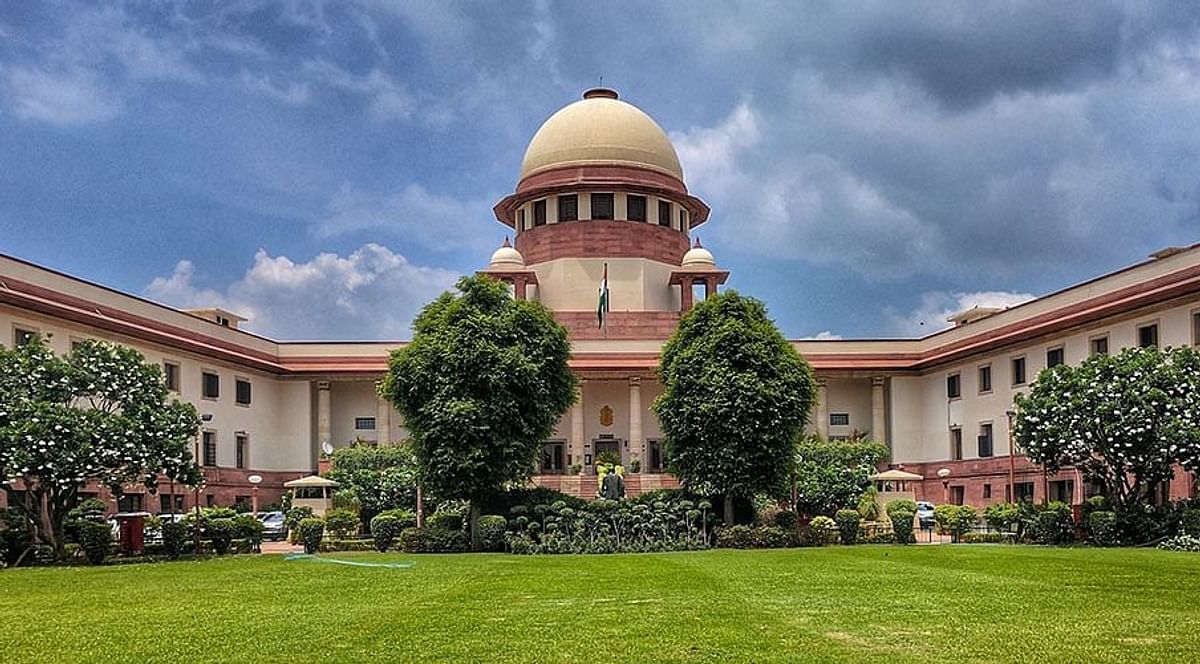
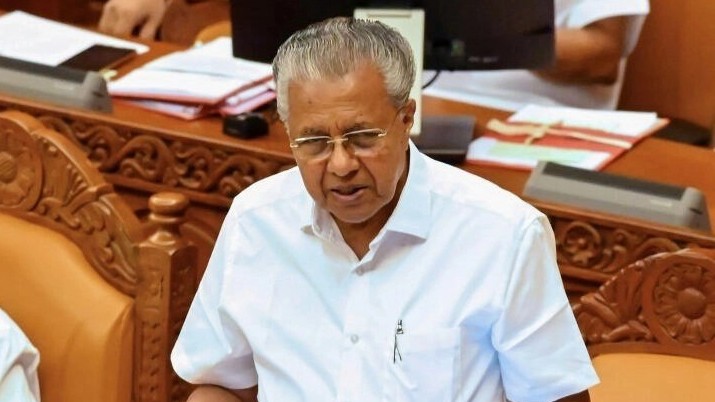
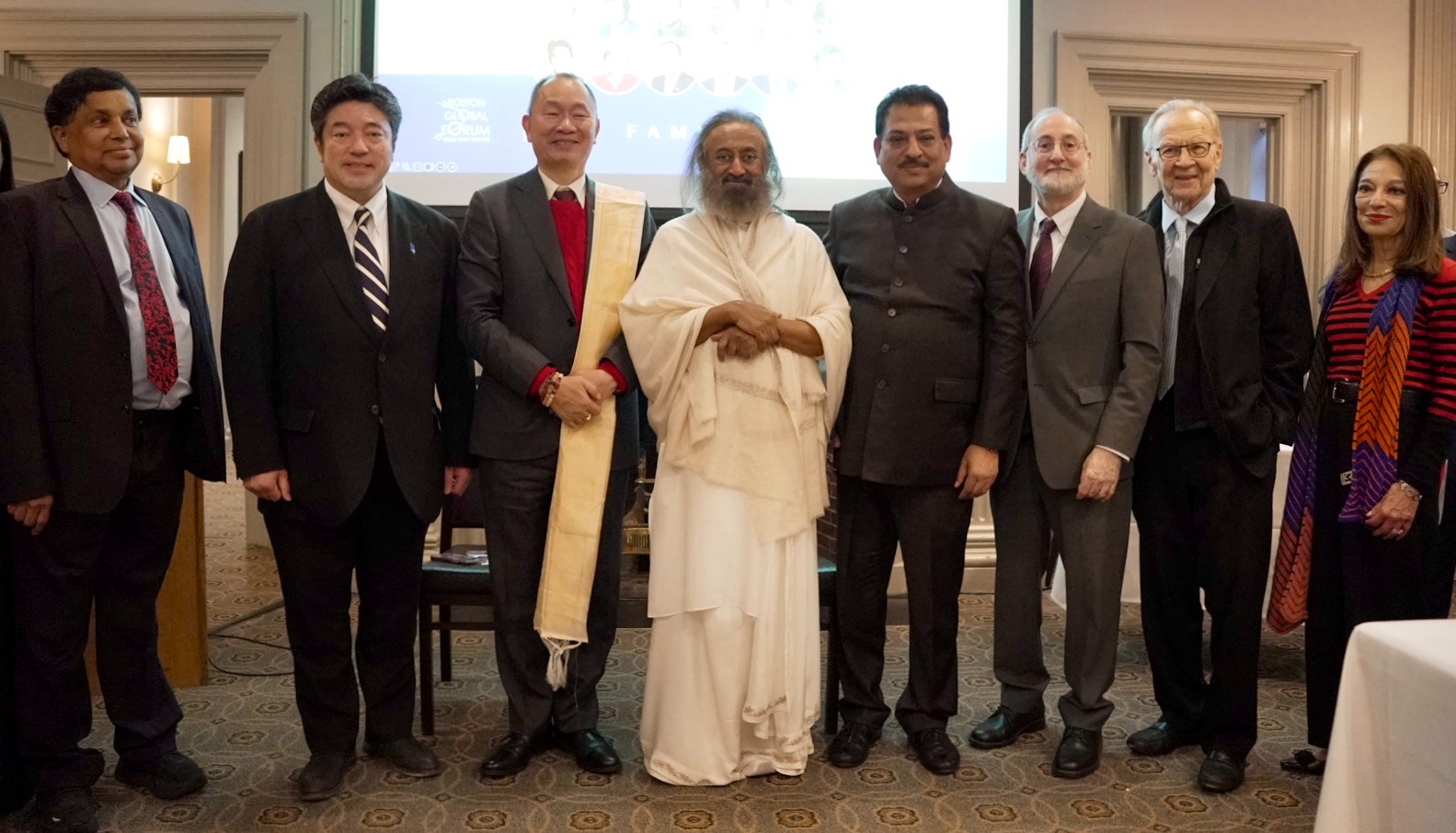
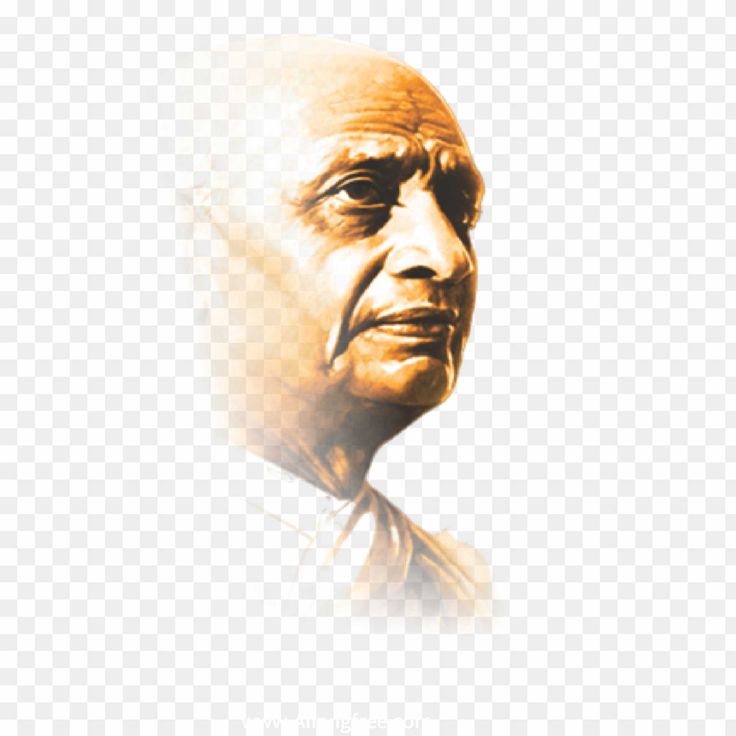
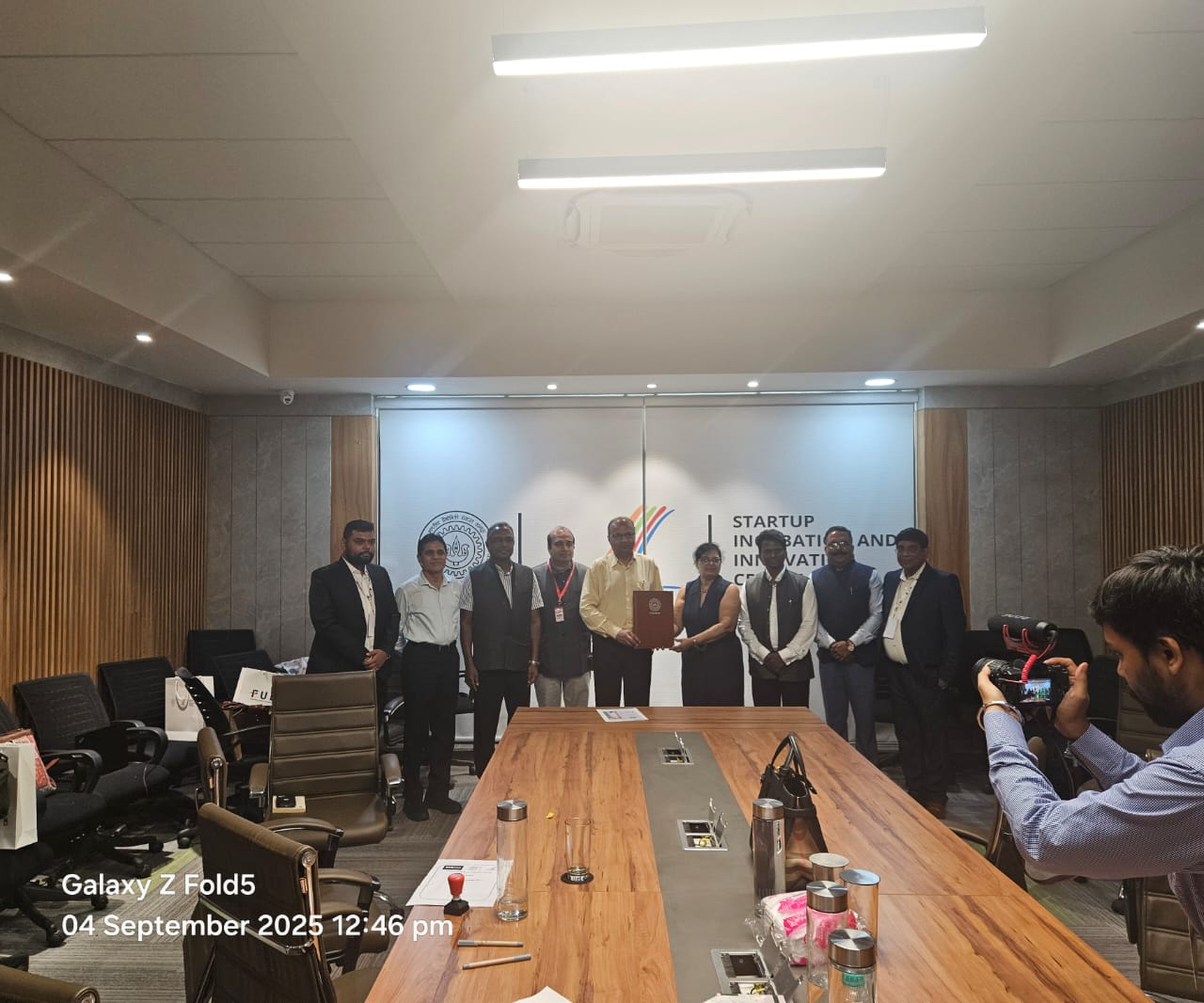
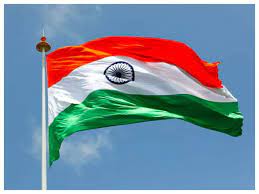








Comments (0)